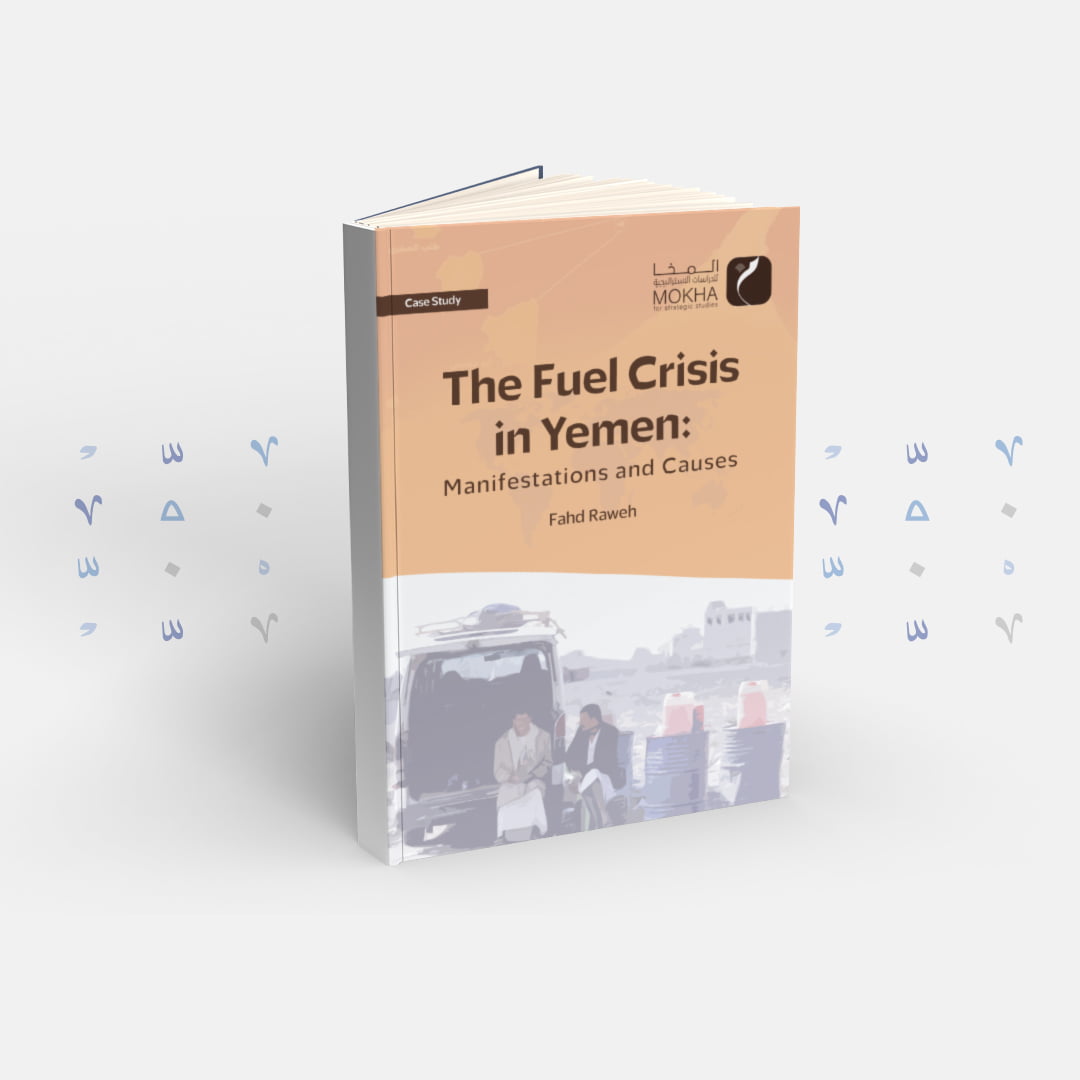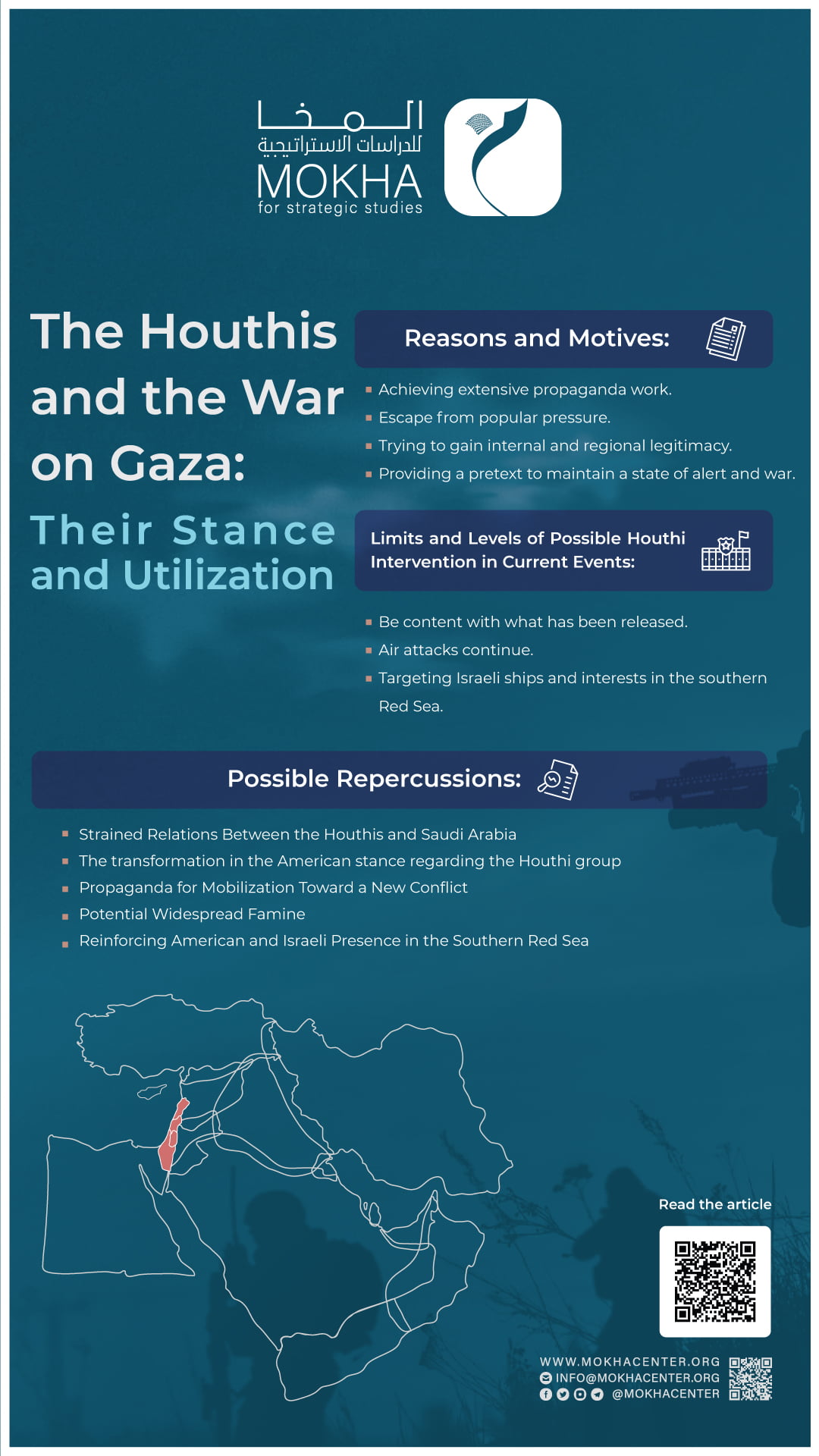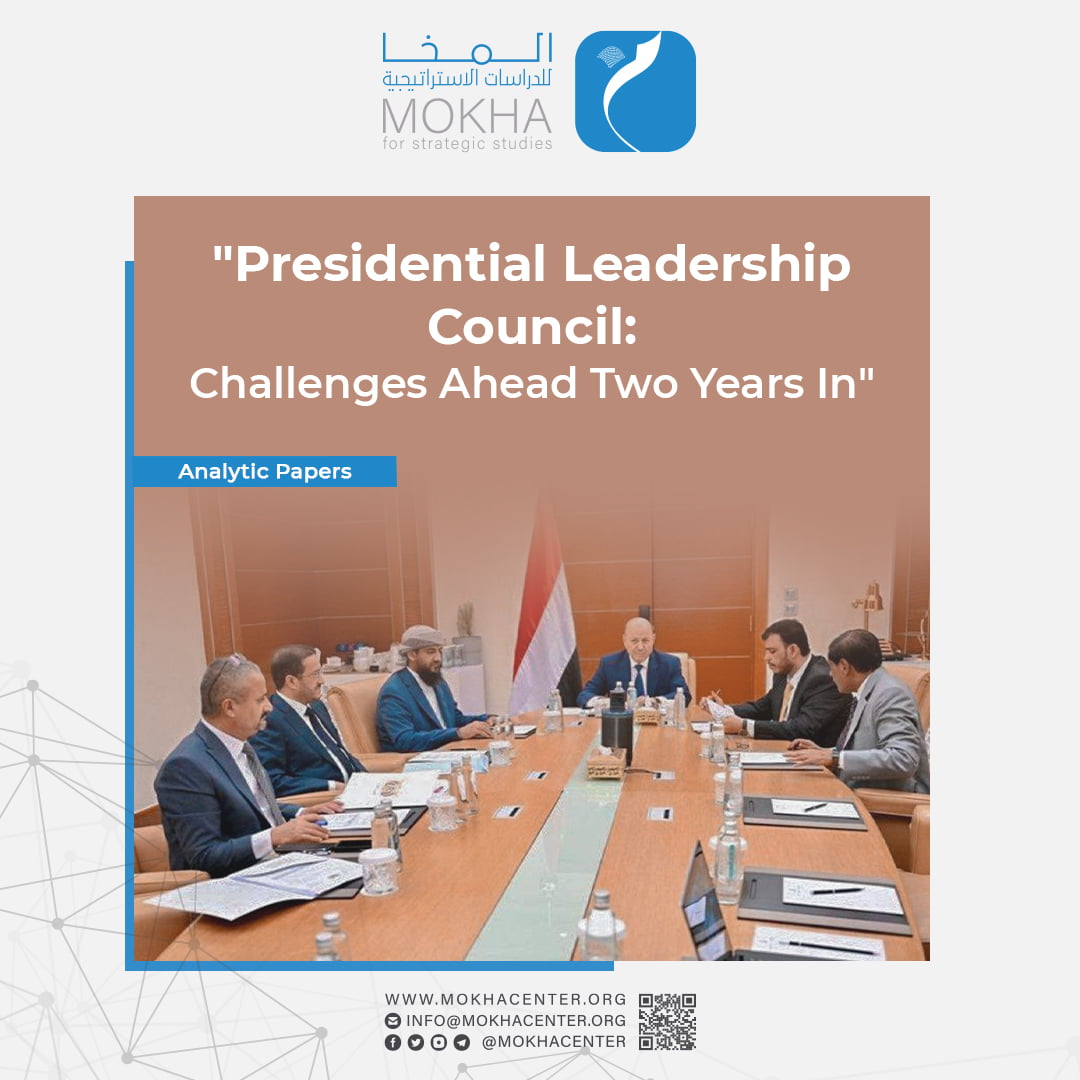Why have international donors not delivered for Yemen’s humanitarian crisis?

| Getting your Trinity Audio player ready... |
Jonathan Fenton-Harvey*
The United Nations (UN) has described Yemen’s humanitarian crisis as the “world’s worst”, yet the country’s devastating conflict which has just entered its eight years has also been called “the forgotten war.” Such a paradox can aptly be applied to the failures of the international donors’ conference for Yemen, which have been criticised for not providing enough to alleviate the war-torn country’s humanitarian catastrophe.
On March 16, representatives of 36 UN member states met in the Swiss city of Geneva, for the annual conference to raise funds for Yemen’s humanitarian crisis. This year, the UN set a target of $4.3bn to address Yemen’s food shortages and lift 19 million food-insecure people from mass hunger. The required figure of $4.3 bn for 2022 would have provided water, sanitation, and hygiene to 7 million people, healthcare for 13 million people, and education to over 5 million people.
However, only $1.3bn was raised, thus falling short of the desired targets. The United States, the largest donor at Wednesday’s event, more than tripled its contribution to $584.6 million, up from $191 million in the 2021 donors conference, and the European Commission pledged $173 million, up from $116 million last year. The United Kingdom pledged $117.8 million this year, a small decline from the $123.2 million delivered in 2021. Saudi Arabia and the United Arab Emirates (UAE), the two leading member states of the Saudi-led coalition, pledged nothing for Yemen, however.
Worsening humanitarian crisis
Ahead of the meeting, the UN Secretary-General António Guterres said: “Your pledges are an essential lifeline for the people of Yemen. Last year, you contributed over 2.3 billion dollars to Yemen’s Humanitarian Response Plan. Because of your generosity, nearly 12 million people received life-saving assistance every month in 2021.”
Yet despite these apparent good intentions, aid organisations have once again warned that since the donors’ conference had not raised enough funds for Yemen, it could have disastrous consequences for the country.
Even the UN itself warned that aid agencies are running out of funds, forcing them to slash “life-saving” programmes. The need to provide aid for Yemen is crucial. After seven years of conflict, which has taken the lives of hundreds of thousands of people, around 80 percent of the country’s 30 million people rely on aid just to survive.
Indeed, while the donations will provide some aid for millions of people, many millions more will go without humanitarian assistance, thus pushing more people towards famine. And as the violence has ramped up to new levels, with the Houthis expanding their offensive to different parts of the country and the Saudi-led coalition renewing its intervention against the rebel faction, more people could be injured from the conflict, yet they will be denied critical, life-saving medical care.
Motives of international donors
Of course, Yemen faces a substantial shortfall. For international donors, they come from member states of the UN. Thus, Yemen’s humanitarian crisis is in the hands of various worldwide governments, particularly global powers like the United States, the United Kingdom, France, Germany, and China.
However, most of these countries are currently fixated on the crisis in Ukraine, following Russia’s invasion in February. The situation in Ukraine is currently ongoing and it has delivered many global risks to energy and food supplies, while NATO member states are fearful of a Russian expansion in Eastern Europe. Particularly as there are fears that the conflict in Ukraine may lead to a protracted war, this has left Yemen as a non-priority issue in the eyes of the international community, despite the ravaging humanitarian crisis there.
Indeed, this has made Yemen seem like even less of a priority issue. As mentioned, international donors have often fallen short of providing aid to Yemen even before the Ukraine conflict. However, it is important to consider who is backing the warring actors in Yemen.
Although Yemen’s humanitarian crisis has worsened throughout the seven-year-long war, the UK, US and France have still provided military support and arms sales to Saudi Arabia and the UAE. This shows they have prioritized their strategic and commercial relations with the Saudi-led coalition member states over alleviating Yemen’s food shortages, lack of access to clean water, ailing economy and conflict in general.
Countries which back the coalition have made previous, separate donations outside of the donors’ conference. For instance, the UK has often provided sporadic aid deliveries to Yemen throughout the conflict. Yet as observers have noted, the sum in aid that the British government has delivered has been miniscule compared to the profits it has made from selling weapons to Saudi Arabia.
Evidently, the UK and other countries have utilized aid to Yemen as a PR exercise, to create a humanitarian smokescreen over their support for Saudi Arabia and the UAE, while still ensuring they can uphold weapons sales and maintain geostrategic influence in the Middle East through their ties with the Gulf states.
And finally, there is the issue of Yemen’s overall importance on the international scene, particularly since Yemen is known as the “forgotten war.” Yemen’s humanitarian crisis has provided no substantial security threat for Western states, such as creating no substantial refugee exodus. And with extremist factions like Al Qaeda and the so-called Islamic State being contained in small parts of Yemen, there is no terrorist threat for the West. This has meant that Yemen has been side-lined as a less-important issue for the international community to address.
Obstacles of providing aid
The lack of attention for Yemen has also meant that the conflict has continued. Even if more aid was delivered to Yemen, it would not be enough to ensure lasting improvements are made for the country’s humanitarian crisis. After all, aid organizations have struggled to deliver aid across the country, since the violence has made it hard for them to operate. Another obstacle is that the Houthis have often prevented aid shipments from being entered in the country, largely due to a distrust of international organisations. Moreover, aid has been smuggled by the Houthis and sold off as a result to profit from the humanitarian crisis.
Moreover, donations are not a long-term solution to live millions of Yemenis from extreme poverty. The economy has effectively collapsed and the country does not have a central bank with entire authority over the country. Much state infrastructure has been destroyed because of the war. This means that Yemenis would always be dependent on external aid, should the conflict continue without effective peace talks and the country’s economy and infrastructure is not revitalized.




